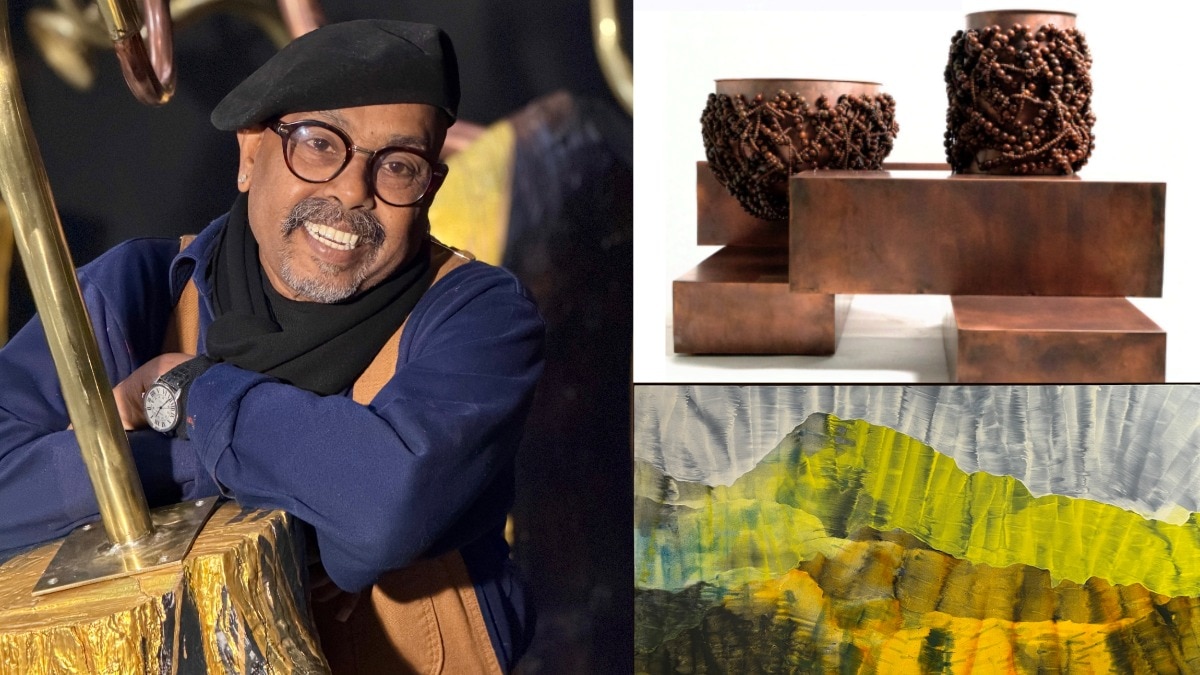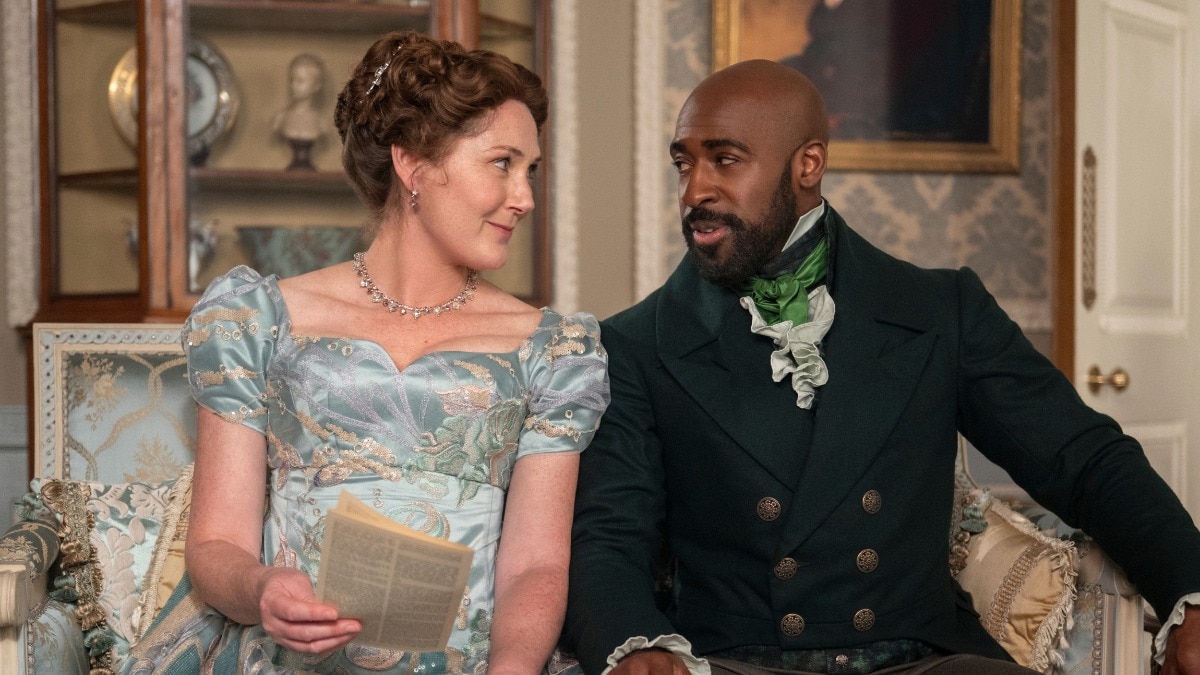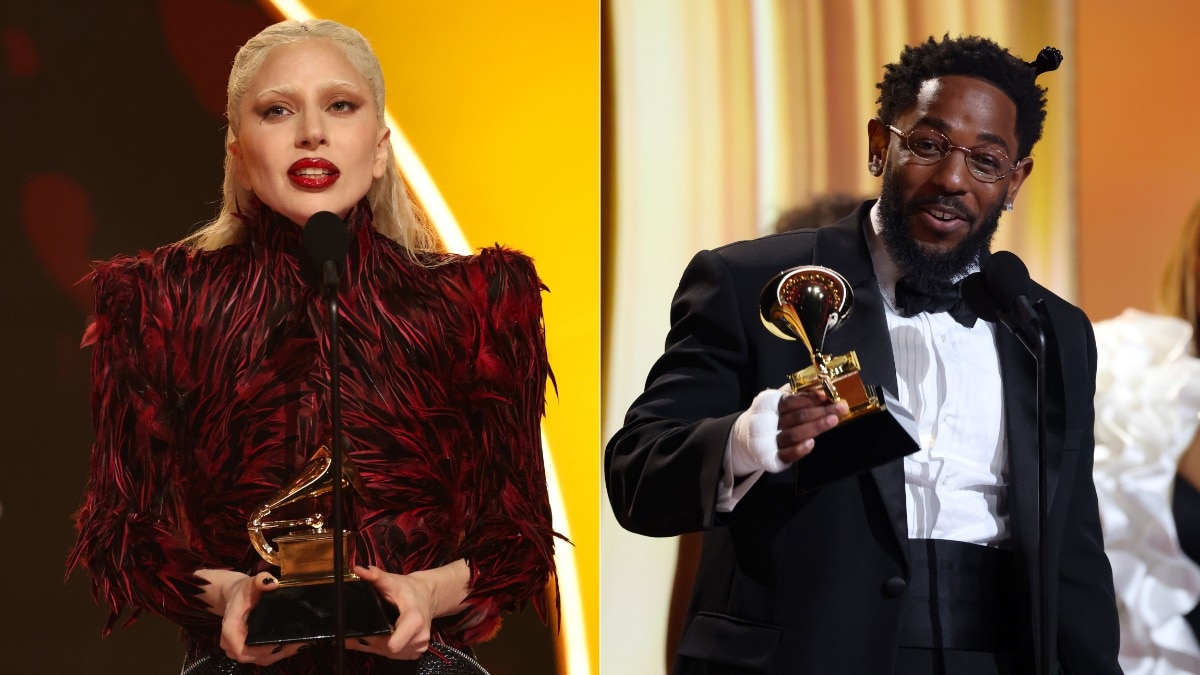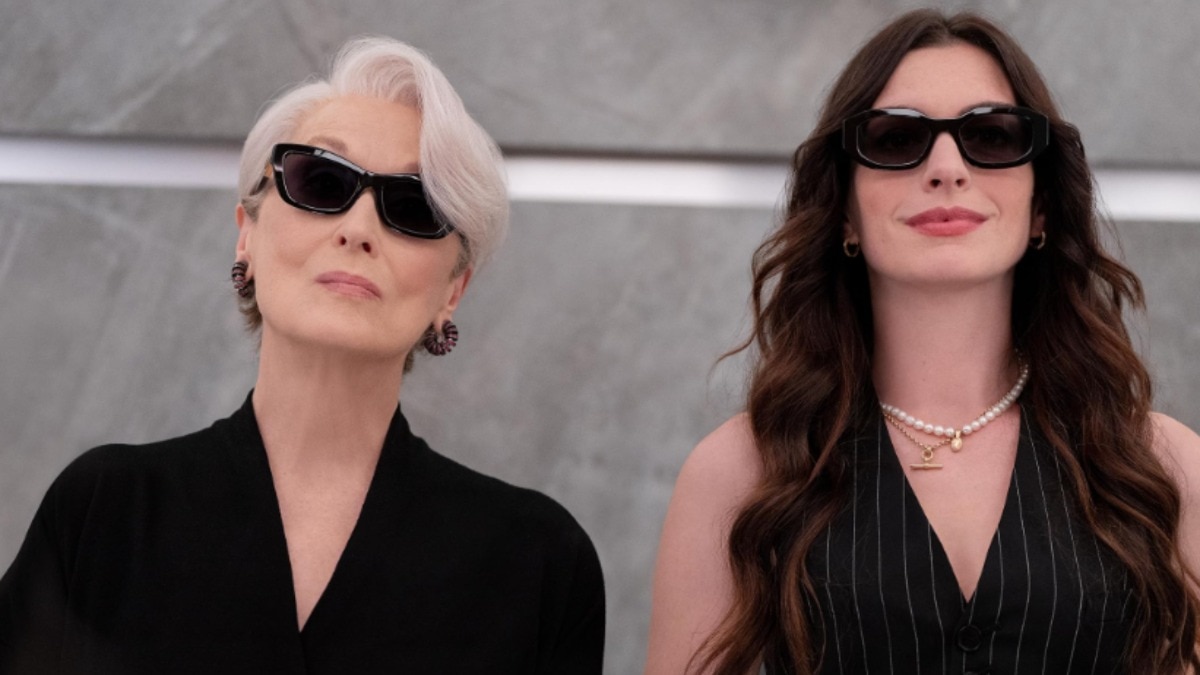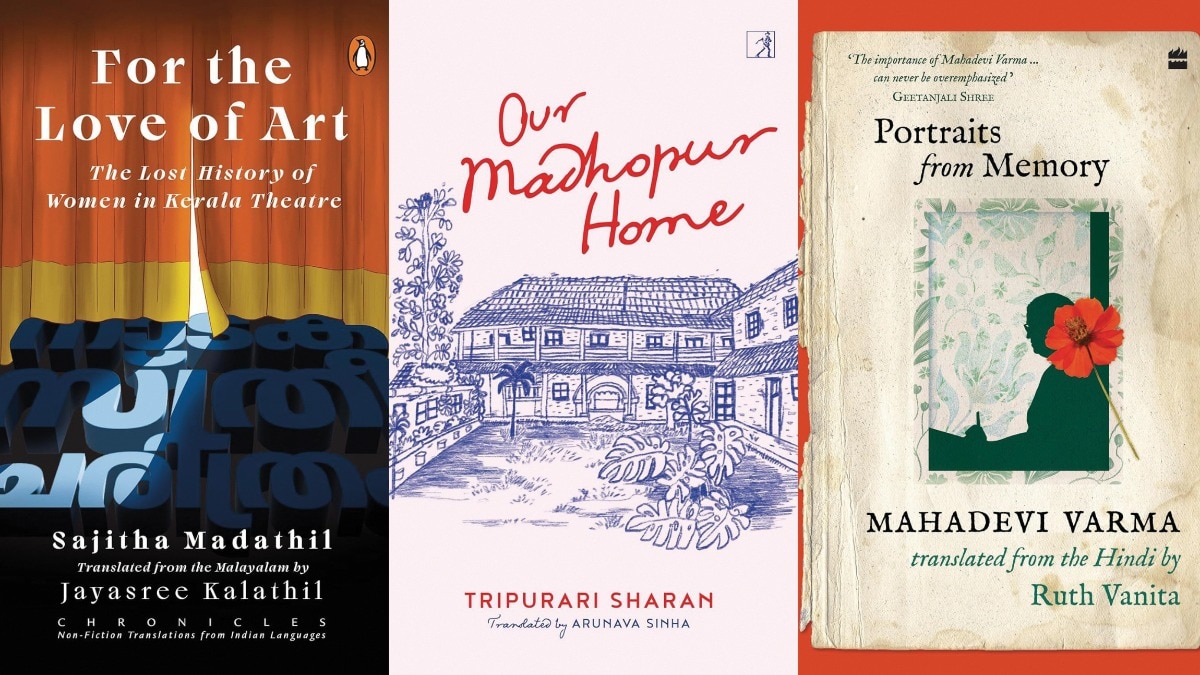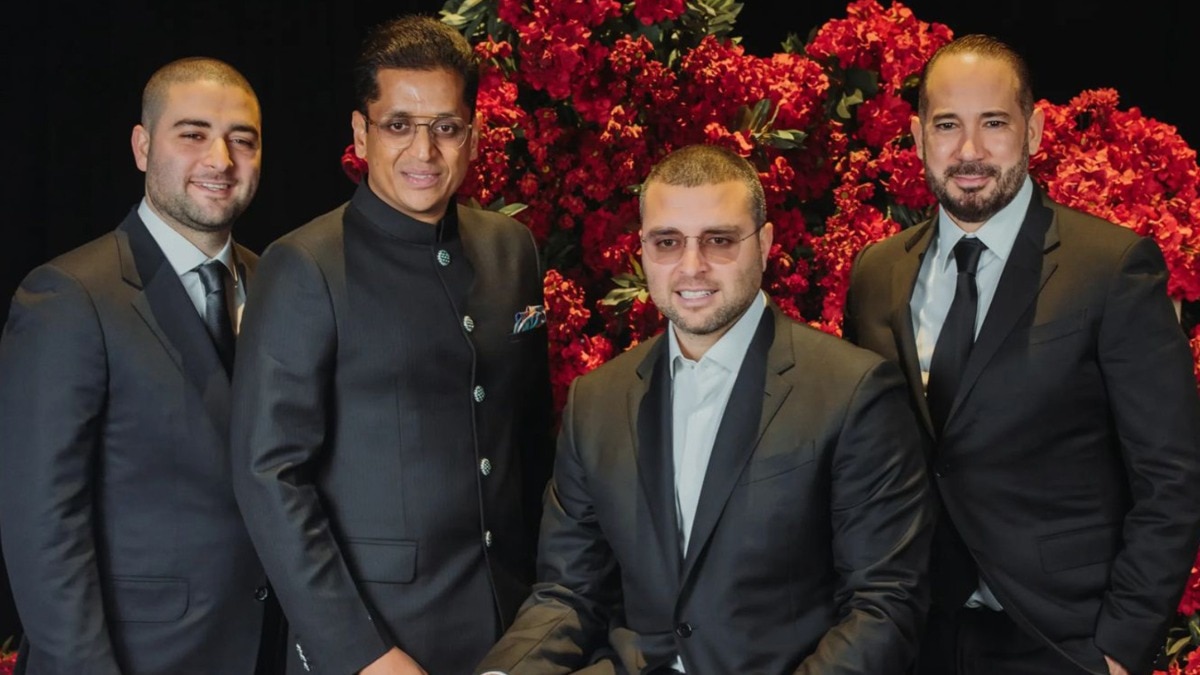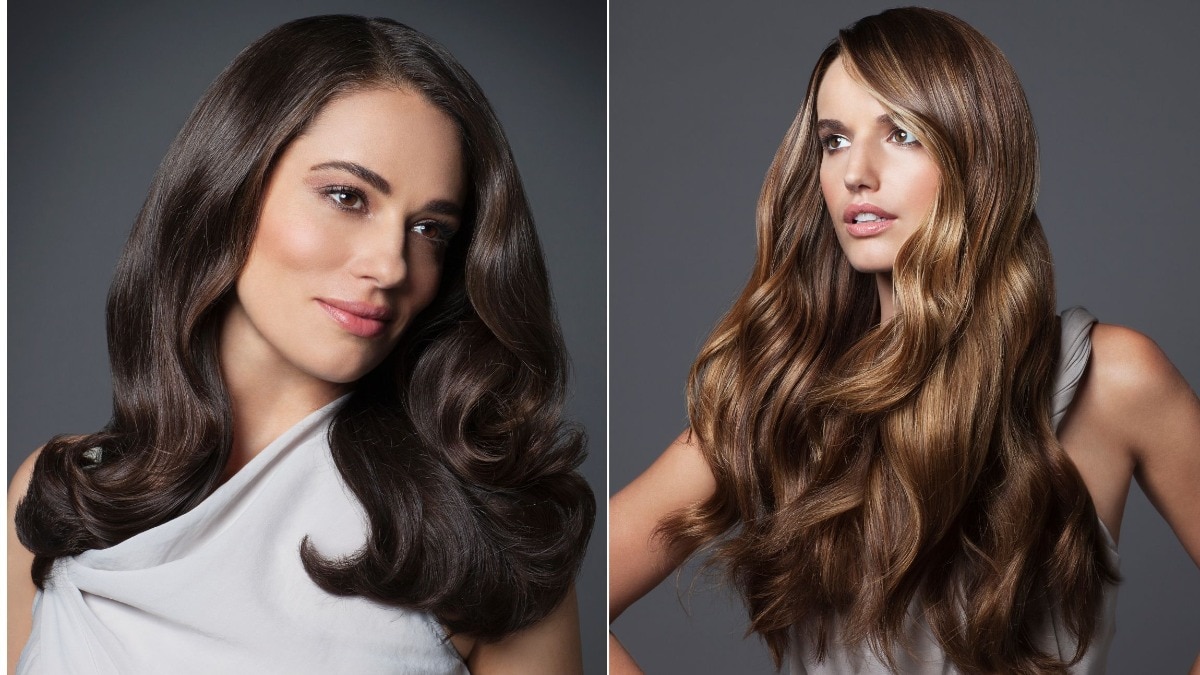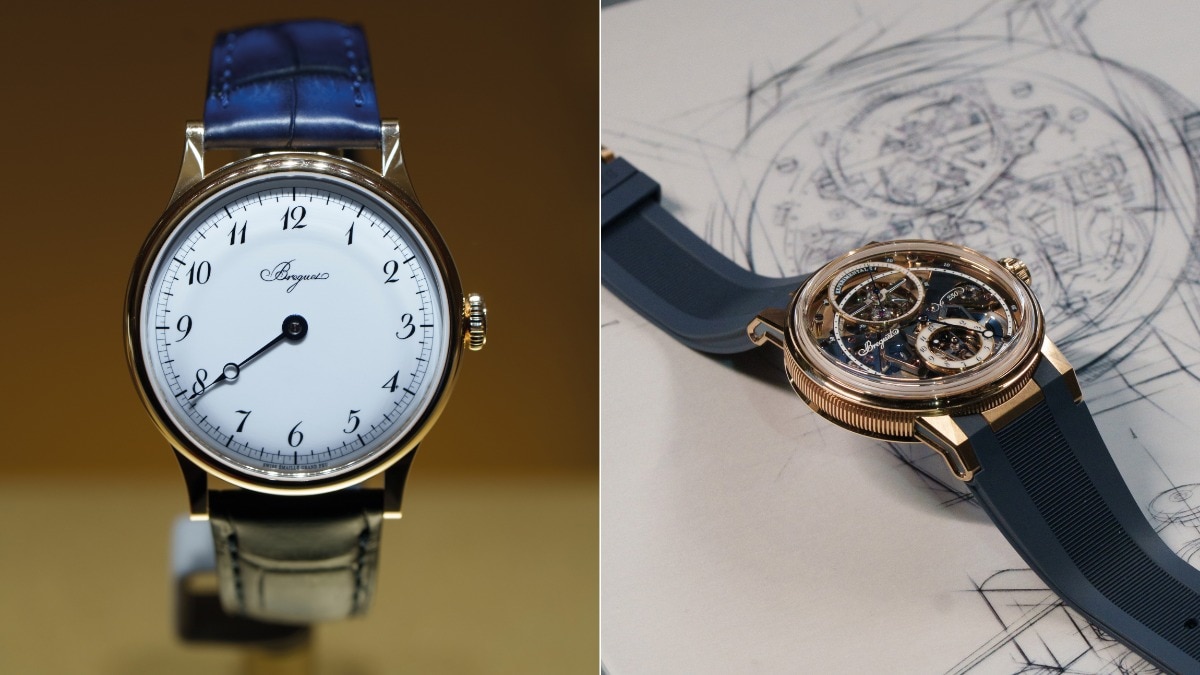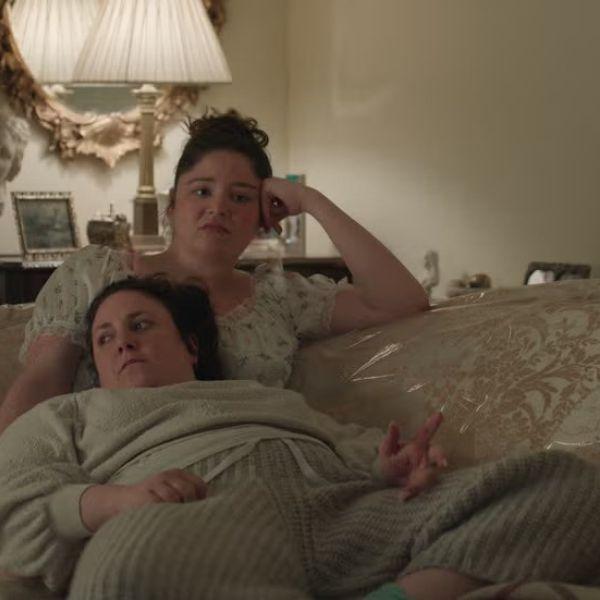
Are we finally ready to let Lena Dunham be Lena Dunham?
The rom-com series 'Too Much' marks a new chapter in Dunham’s complicated, confessional legacy.

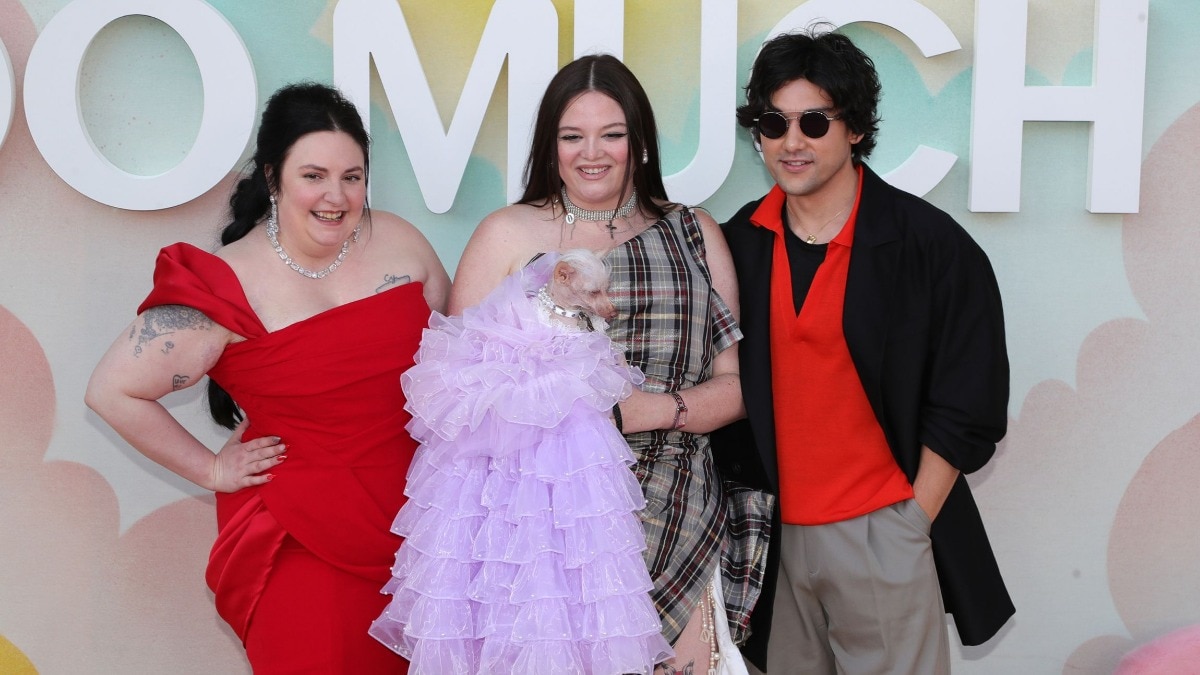
In an era where political unrest has become the norm, there is only one person I would blindly follow into war: Lena Dunham. Since I first became obsessed with Girls, the HBO show that made Dunham the voice of my generation (annoying millennials) in 2012, I’ve felt vaguely apologetic about my devotion to her—so much so that I’ve often described Dunham as my “problematic fave,” a nod to her endless stream of controversies and apologies, which spawned the satirical Twitter account Lena Dunham Apologizes. But even so, few sequences of words bring me joy like “written and directed by Lena Dunham.”
When Girls ended in 2017, Dunham took a break from being a trending topic to focus on directing. Earlier this year, her production company signed a creative partnership with Netflix, which also shelled out a cool $55 million for her forthcoming rom-com starring Natalie Portman. And now, Dunham is very much back in the cultural fray with the Netflix rom-com series Too Much. The show follows chaotic PR girl Jessica (Megan Stalter) as she moves to London following a breakup and falls in love with Felix, a distractingly handsome musician (Will Sharpe). Featuring a string of all-star cameos and Dunham’s signature confessional, irreverent voice, not to mention a plot that is unsubtly similar to her own trans-Atlantic love story, Too Much feels guaranteed to get people talking. And with the show arriving alongside a wider reappraisal of her work, the Dunham-aissance is upon us.
Girls was one of those rare lightning-in-a-bottle shows. From its first season, it catapulted Dunham to cultural-icon status. Suddenly, she was gracing the cover of Rolling Stone and winning a Golden Globe. The show was also the breakout moment for most of its stars, including the titular “girls”—Allison Williams, Jemima Kirke, Zosia Mamet—but also Adam Driver, Christopher Abbott, and Andrew Rannells. The success of Girls largely came down to the way it portrayed the absurdity of the 2010s, when young people were encountering the constant connection and judgment of the Internet for the first time while desperately trying to “make it” in the aftermath of the financial crash. As Williams told me in 2023, Dunham was able to portray the ridiculousness of this moment without waiting for the clarity that comes with the passage of time: “Lena’s superpower, which I still don’t totally understand, was being able to write her experience while it was happening. She managed to capture this moment in time in a way that was so concentrated.”
As a show that revolutionised the way women’s bodies and the micro-humiliations of casual sex were portrayed onscreen, Girls was one of the first shows to be “discoursed” in the social-media era. Some fans criticised its lack of diversity, with four white leads from affluent backgrounds who were played by actors of varying levels of nepo baby. Others have argued that it’s not totally unrealistic that the privileged characters wouldn’t have had Black friends. Nevertheless, it’s a criticism that the show couldn’t escape.

Much of the discourse around Girls was difficult to untangle from Dunham herself. Part of this was because Hannah Horvath and the public persona Dunham created for herself were noticeably similar. She acknowledged this synergy herself in 2016 while apologising for a “distasteful” joke she made on her podcast. “My words were spoken from a sort of ‘delusional girl’ persona I often inhabit,” she wrote on Instagram, “a girl who careens between wisdom and ignorance (that’s what my TV show is too).”
Often, Dunham found herself caught in a Venn diagram of outrage, between Fox News types who hated her pro-choice, feminist beliefs and progressives who believed her to be the living embodiment of “white feminism.” Both groups were united in their distaste at her privileged background. (She is the child of successful artists, Caroll Dunham and Laurie Simmons, whose $6 million TriBeCa loft was the backdrop of her first feature film, Tiny Furniture. The film prompted all-star producer Judd Apatow to approach her about making a TV show together.)
In the 2010s, online discussions about privilege were starting to heat up, but there was very little collective understanding about how to make these conversations productive. Today, it’s easier to see that the language that many of us were using at this time was well-intentioned but lacked nuance and—if we’re being honest—didn’t really get us anywhere. I’m still not sure what was achieved by making Dunham endlessly atone for her circumstances. Especially when you consider that the men who got famous from Girls were allowed to do so without having to answer for any of its shortcomings, it’s easier to see that much of the criticism of Dunham was so clearly driven by her gender, her age, and her body.
That said, she is far from perfect. Her 2017 public defence of Murray Miller, a Girls writer who was accused of sexual assault by Aurora Perrineau, was a particular low. (She claimed to have “insider information” that contradicted Perrineau’s story, but she later admitted this was not true. Miller has always denied the allegations and was never charged.) But while it’s important to maintain some semblance of “accountability” when public figures do bad things, there is an obvious misogyny to the way a lot of people gleefully tore Dunham down, often with an air of faux-progressive righteousness. Truthfully, many of her controversies were overblown, and who among us would have navigated this type of Very Online fame in our 20s without making mistakes?
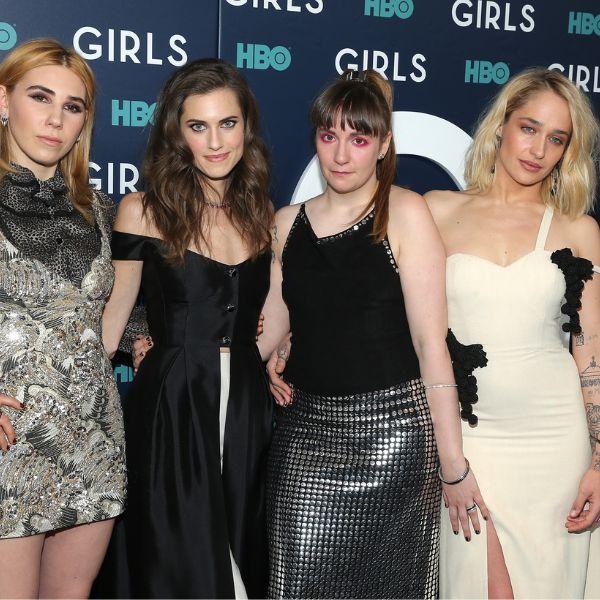
Misogyny also contributed to the fact that so many people failed to grasp that Girls was satirical. In hindsight, this is so achingly obvious. In one scene that appeared on my social feed last week, Hannah (Dunham) is mad at her ex-boyfriend Elijah (Rannells) for coming out as gay. “Let me tell you something,” she says. “This fruity little voice you’ve been putting on is a new thing!” In another, chronic overachiever Marnie (Williams) describes the aesthetic of her wedding as “artistic, but also with a nod to my cultural heritage, which is white Christian woman.” Writing in Vanity Fair to mark the show’s 10-year anniversary in 2022, Chris Murphy noted that the leads of Girls were punished for being “too convincing,” to the point that they “still haven’t been permitted to completely walk away from it.” But now, it feels like the show—and Dunham’s role in it—are being reappraised. Clearly, she was always in on the joke.
When Girls was on the air, Dunham had—deep breath—a show, a podcast, a feminist newsletter, a memoir, and a prolific posting habit that gave her detractors a constant stream of content on which to project their outrage. Truthfully, even Dunham apologists (me) would admit that her level of exposure teetered on the edge of being—pun intended—too much.
This is why, when the show ended, she took an “intentional break” from acting. She directed various TV shows, including the very first episode of the HBO finance drama Industry, before the 2022 films Sharp Stick and medieval comedy Catherine Called Birdy. She hasn’t posted on Twitter (now X) since 2022, and her Instagram posts are more like diary entries than “here’s my opinion on every little thing.” Whenever she has written in a longer format, like a 2022 essay for Architectural Digest about building a home in Connecticut, it feels like a mini event. In an era where artists are encouraged to share so much of their lives online, there is power in giving your fans the chance to miss you.
In a 2017 interview with The Guardian, as Girls prepared to finish its run, Dunham said she’d be “happy to work on a project that has less cultural baggage around it,” indicating a fatigue in being the person who defined the “think piece” era. And after taking a step back to cement herself as a behind-the-lens decision maker, Too Much marks a somewhat nostalgic return to a memoir-infused type of storytelling. While it’s certainly no Girls—how could it be?—both shows share an obvious desire to spark conversations about relationships, exes, boundaries, families, and, of course, bodies.
Whenever I see glimpses of Dunham on screen in Too Much, where she appears in a minor supporting role, I’m reminded of how scene-stealing she can be as an actor, which is often overlooked in the fraught discourse about her writing. And there is a similar feeling of vindication when scenes from Girls find new life as memes on my social feed—like a hyper-ernest Marnie saying, “Let’s make fun of the girl who took a risk and put herself out there creatively” as people mock her toe-curling music video. It’s now so much easier to see the genius in these moments—and in Dunham herself. She’s not perfect, but to me she’ll always be That Girl.
Lead Image: Getty
This article originally appeared on Harper'sBazaar.com
Also read: 'Squid Game' is over, but there’s a spinoff in the works. Here’s what we know so far
Also read: Is 'And Just Like That'... Actually good now?

